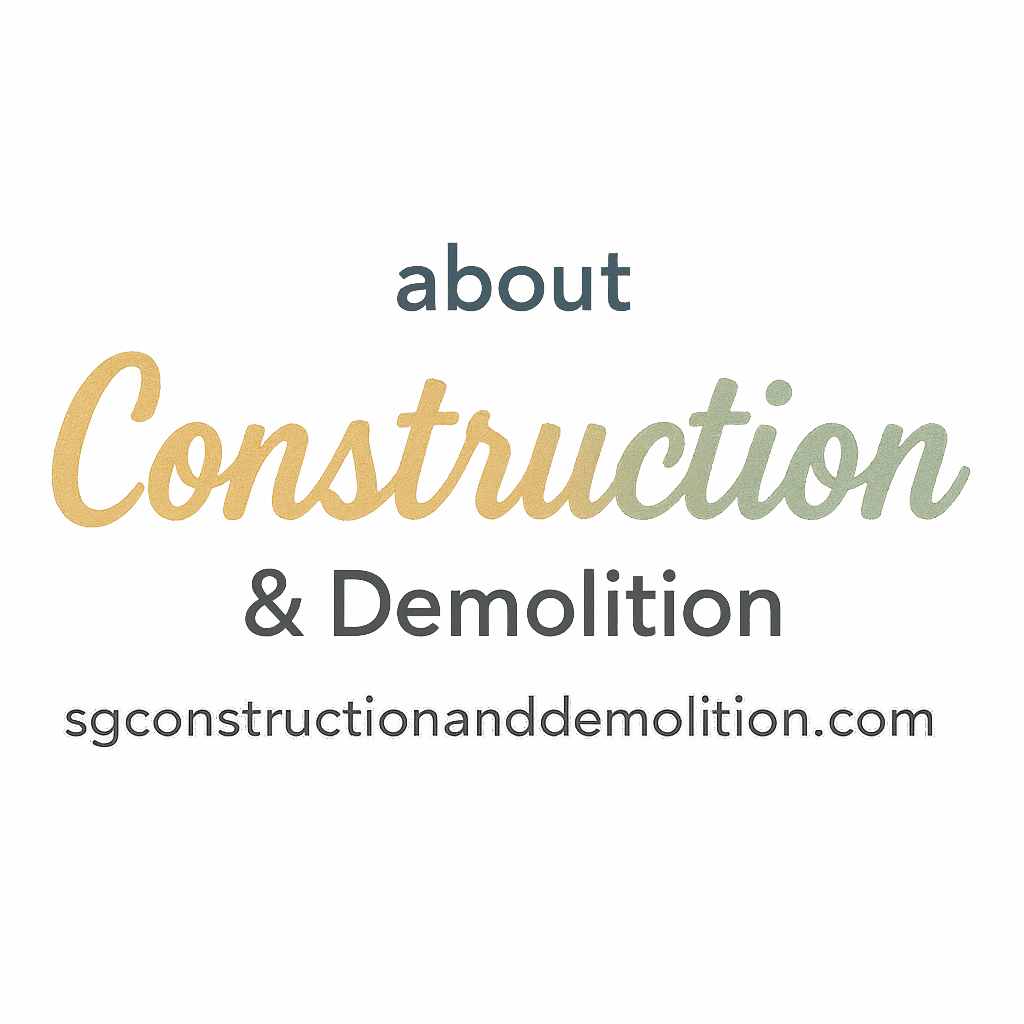Starting a construction project? Whether it’s your dream home or a commercial space, getting started without the proper paperwork is like driving without a license—risky, costly, and often illegal. In this article, we’ll walk you through the 7 legal documents you absolutely need before starting construction, why they matter, and how they save you from headaches later on.
Ready to dive in? Let’s lay the legal foundation first before the cement.
Introduction
Before the hammer swings or the bulldozer rolls in, you’ve got one job—get your legal ducks in a row. These documents ensure your project complies with local laws, zoning regulations, environmental standards, and construction safety codes. Plus, they protect you from future legal battles, delays, and costly demolitions.
Let’s break down the essentials, one by one.
1. Building Permit
What Is a Building Permit?
A building permit is your official green light from the local government. It says, “Yep, you’re allowed to build here, and this project meets our standards.”
Why It’s Crucial
Skipping this one could mean total demolition, hefty fines, or both. Local building inspectors regularly check on permitted projects, so trying to go rogue isn’t worth the risk.
How to Apply for One
You’ll need to submit blueprints, engineering plans, and sometimes an environmental clearance. You can usually apply through your local city or municipal hall.
Helpful Resource: Check our Construction Basics guide to understand how the permitting process fits into your overall project timeline.
2. Land Title and Proof of Ownership
Avoiding Property Disputes
If you don’t legally own the land you’re building on, things can go south fast. Disputes can lead to lawsuits or full project shutdowns.
Tips for Verifying Land Titles
- Always double-check the authenticity of land titles with your local registry.
- Request a certified true copy of the title.
- Ensure there are no liens or encumbrances.
Pro Tip: Use this step to get your name officially listed in the title registry before moving forward.
3. Zoning Clearance
Understanding Zoning Laws
Zoning laws regulate land use. Residential, commercial, industrial—each has its own rules. For example, you can’t build a shopping center in a strictly residential zone.
How Zoning Affects Your Project
If your building doesn’t fit the zoning classification, expect big delays or rejections. Worse, you could be ordered to alter or remove parts of the structure.
Explore more on zoning and planning here.

4. Environmental Compliance Certificate (ECC)
ECC and Its Environmental Impact
An ECC ensures your construction won’t mess with the environment. The government reviews potential impacts like pollution, waste management, and more.
When You Need It
Projects near rivers, forests, or protected areas usually require this certificate. Large-scale builds like condos or factories almost always do.
Want to dig deeper into sustainability? Visit our page on Green & Smart Trends.
5. Fire Safety Evaluation Clearance (FSEC)
Ensuring Compliance with Fire Codes
Fires are no joke. That’s why getting an FSEC from the local fire department is non-negotiable. This proves your design includes emergency exits, smoke detectors, extinguishers, and other fire-preventive measures.
Why FSEC is Mandatory
No clearance means no construction. This document is usually required before your building permit is approved.
Hot Tip: Read up on required tools and equipment for fire prevention in construction projects.
6. Contractor’s License and Registration
Who Needs It?
If you’re hiring a contractor, make sure they’re licensed. Unlicensed builders might be cheaper upfront but can cost you dearly in legal and structural problems.
Protecting Your Investment
Licensed contractors are insured, follow legal protocols, and understand local codes. It’s your insurance policy against faulty work and financial loss.
Don’t fall for common myths—explore more construction misconceptions before hiring anyone.
7. Construction Contract or Agreement
Key Clauses to Include
This legally binding agreement should cover:
- Scope of work
- Payment terms
- Timelines
- Penalties for delays
- Termination clauses
Importance for Project Management
A solid contract prevents miscommunication, finger-pointing, and project chaos. It’s your blueprint for legal clarity.
Read more about project management essentials.
The Cost of Skipping Legal Requirements
Fines, Delays, and Shutdowns
Skipping even one document can cause:
- Fines up to thousands of dollars
- Forced demolition
- Lawsuits
- Delayed move-ins or business openings
It’s like trying to bake a cake without a recipe—everything can go wrong.
Bonus: Other Helpful Documents to Consider
Electrical Permits
Before your electrician wires anything, this permit ensures safety and compliance.
Discover more on electric safety protocols.
Mechanical Permits
If your project includes elevators, HVAC systems, or complex machinery, you’ll likely need one of these too.
Stay current with construction techniques that require mechanical permits.
Planning for Safety and Legal Compliance
Every successful construction project starts with a solid plan. Don’t just think blueprints—think permits, certificates, and contracts. These documents are as vital as your bricks and beams.
Want to see the entire step-by-step breakdown? Check our full guide for beginners.
Conclusion
Construction is exciting, but don’t let the thrill blind you to the legal side of things. These 7 documents aren’t just paperwork—they’re your foundation for a successful, safe, and stress-free build. Whether it’s a simple home extension or a commercial high-rise, get the legal side right first.
Still confused? Bookmark our hub at SG Construction and Demolition and browse topics like methods, steps, and innovation.
FAQs
1. What happens if I start construction without permits?
You risk fines, demolition orders, and even legal action. It’s not worth the shortcut.
2. Is a building permit required for minor renovations?
In most places, yes—especially if structural changes or utilities are involved.
3. Who issues the Environmental Compliance Certificate (ECC)?
The Department of Environment and Natural Resources (or your local equivalent) issues the ECC after assessing your project’s environmental impact.
4. Can I apply for permits online?
Some local governments offer online portals. Check with your municipal hall or city government for options.
5. What should be in a construction contract?
Details about project scope, payment, timelines, deliverables, and legal protections for both parties.
6. Does every project need zoning clearance?
Yes. Even if you’re building on your own land, you still need approval to ensure it aligns with zoning laws.
7. What if my contractor isn’t licensed?
You could be liable for damages, substandard work, and even project shutdowns. Always choose licensed professionals.


